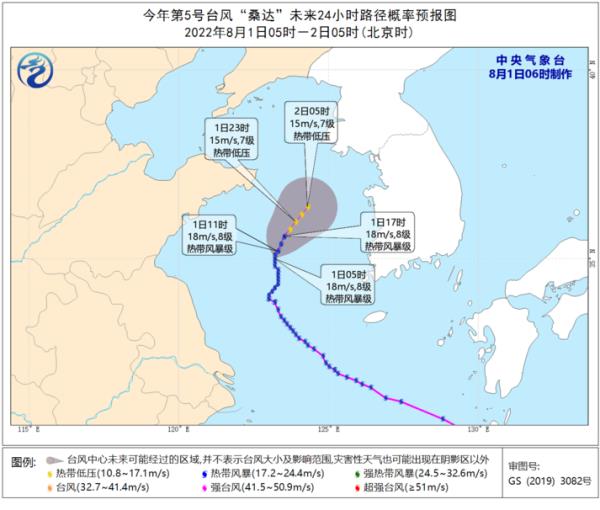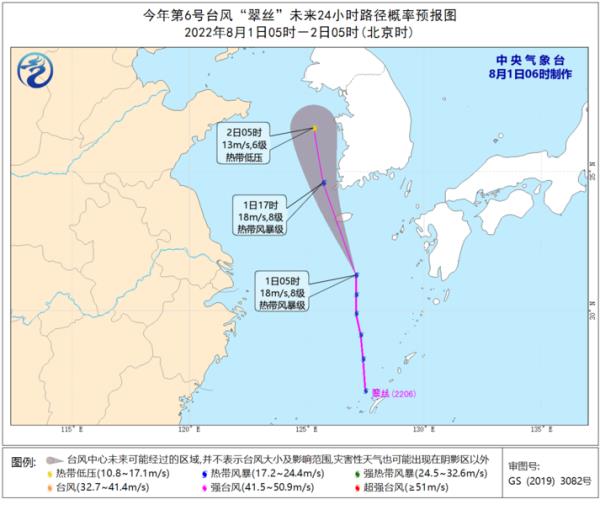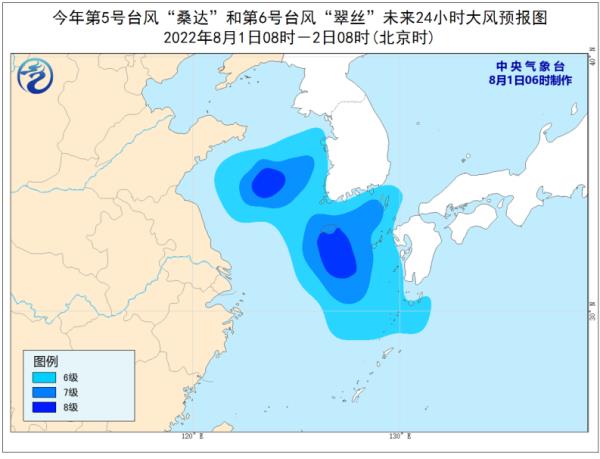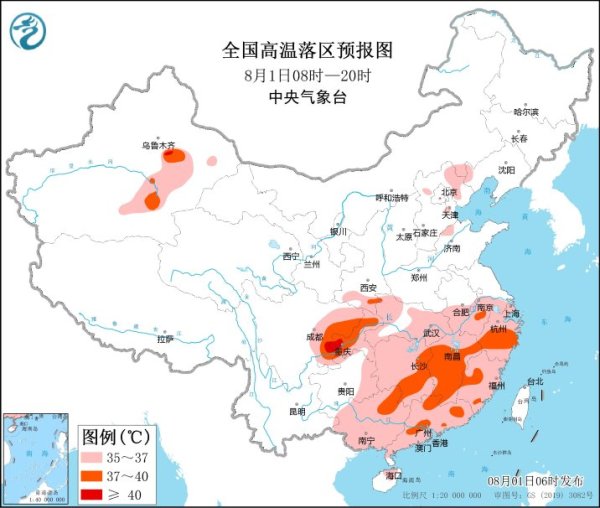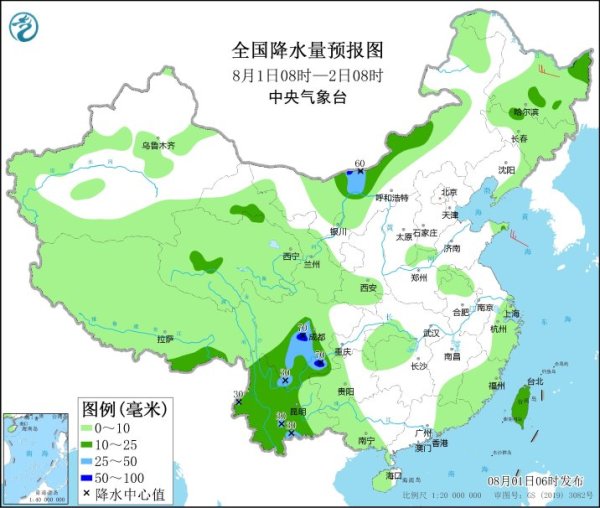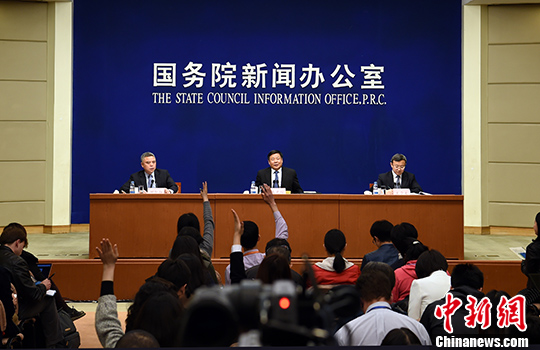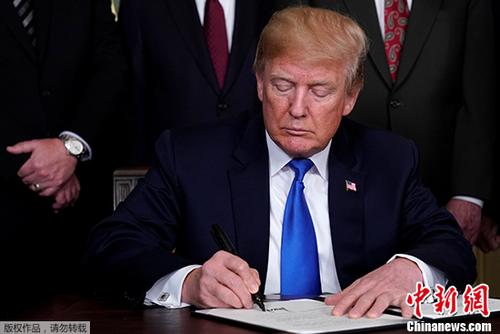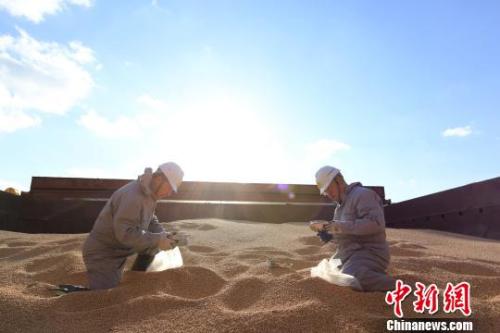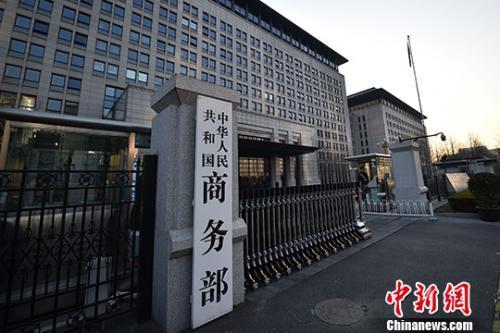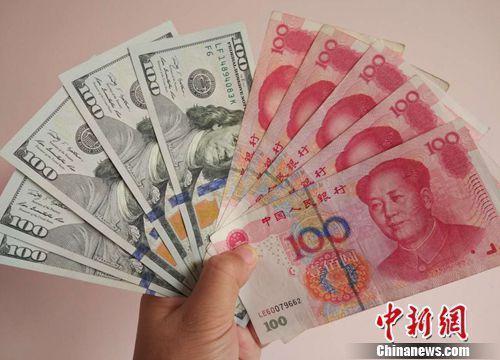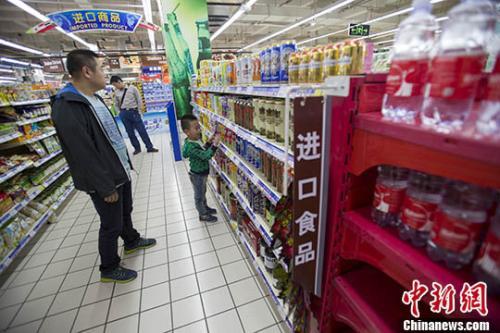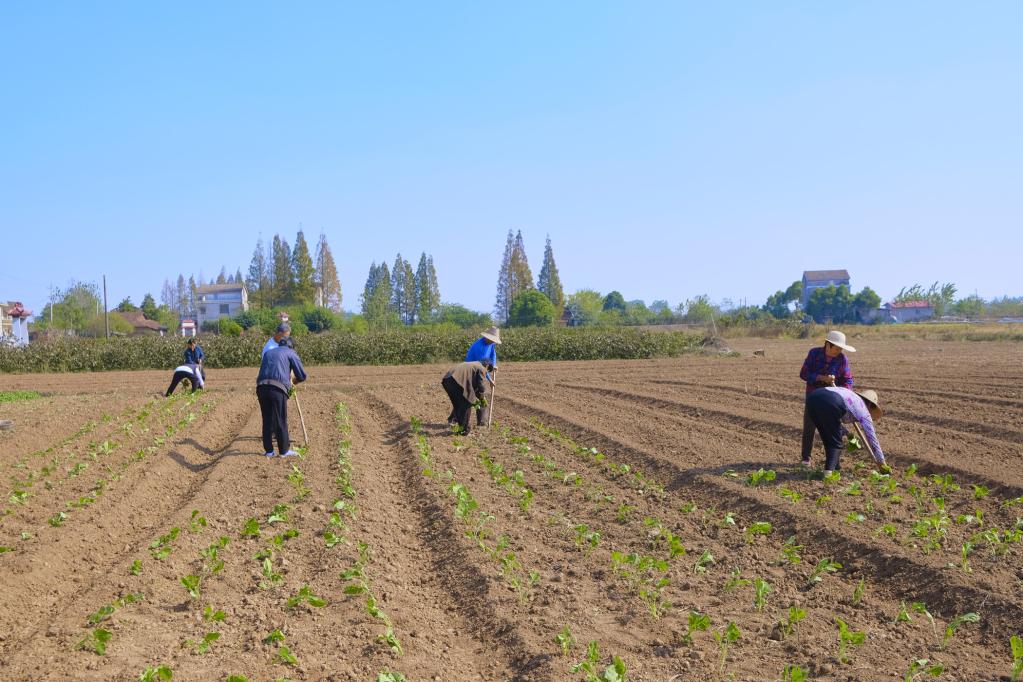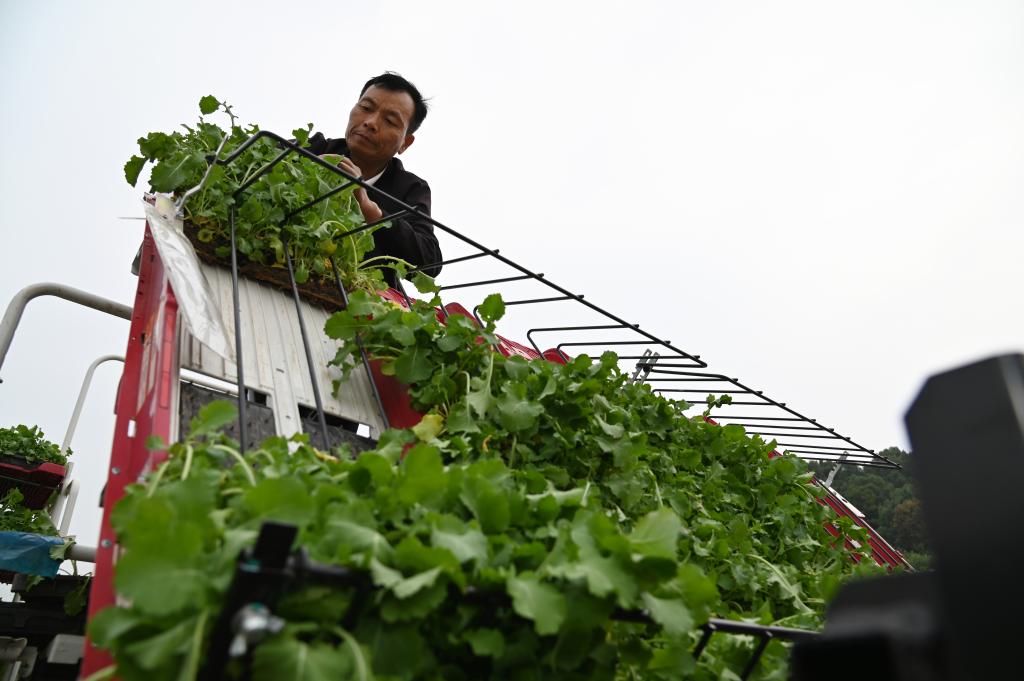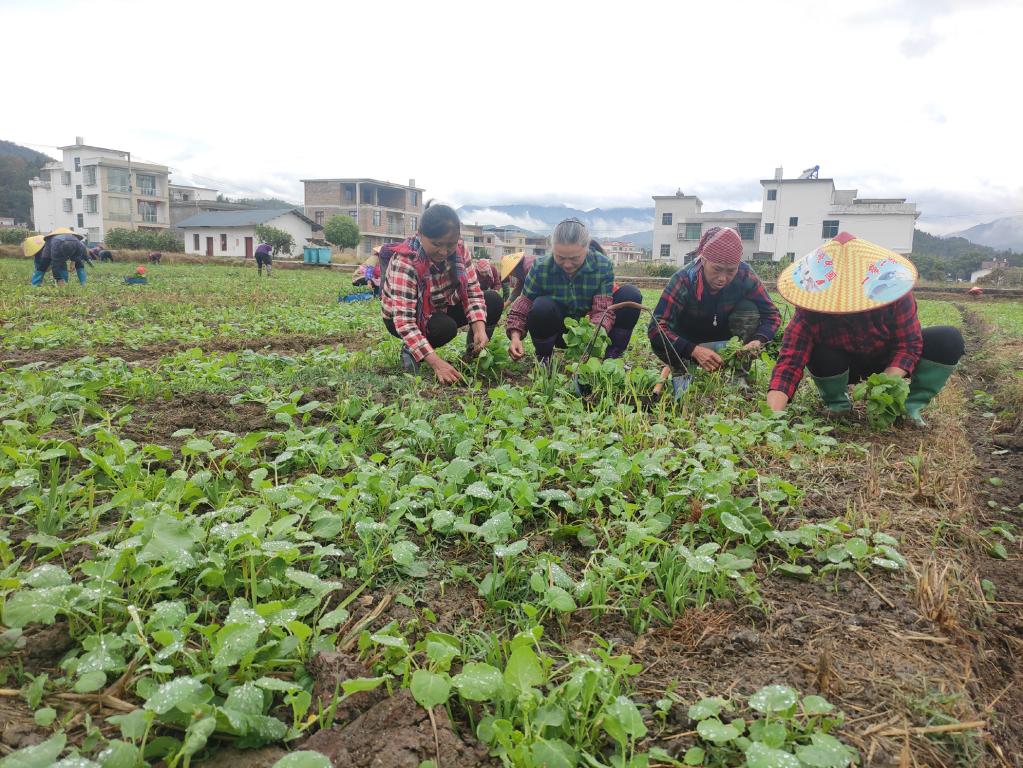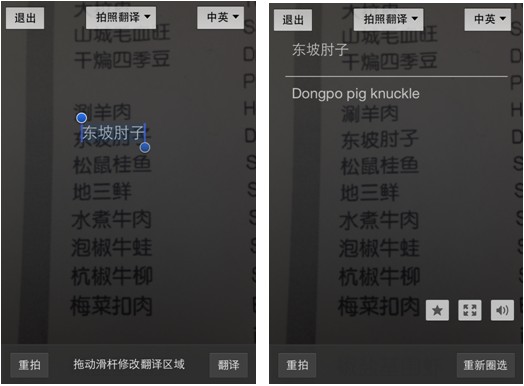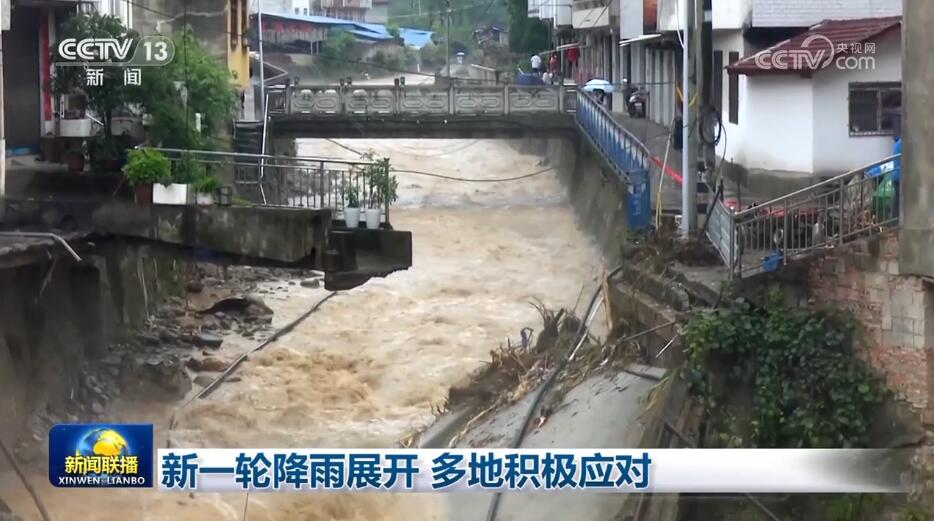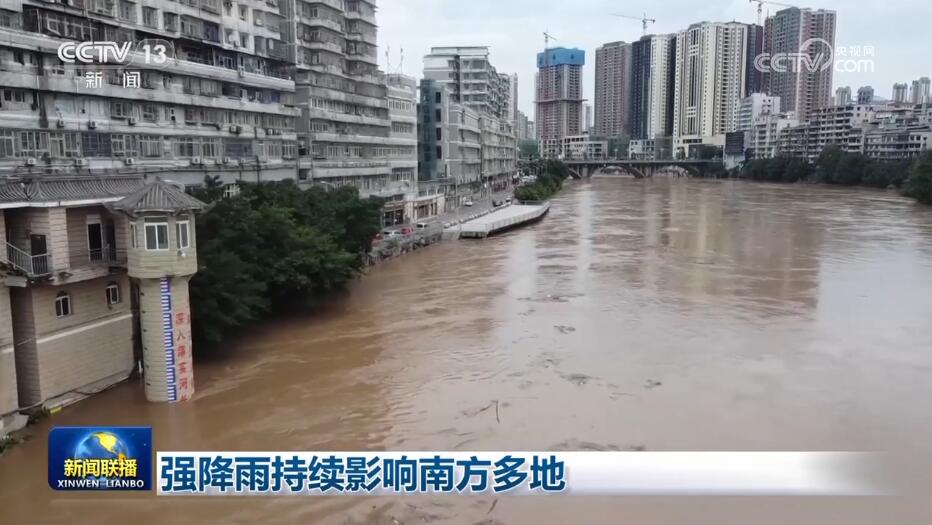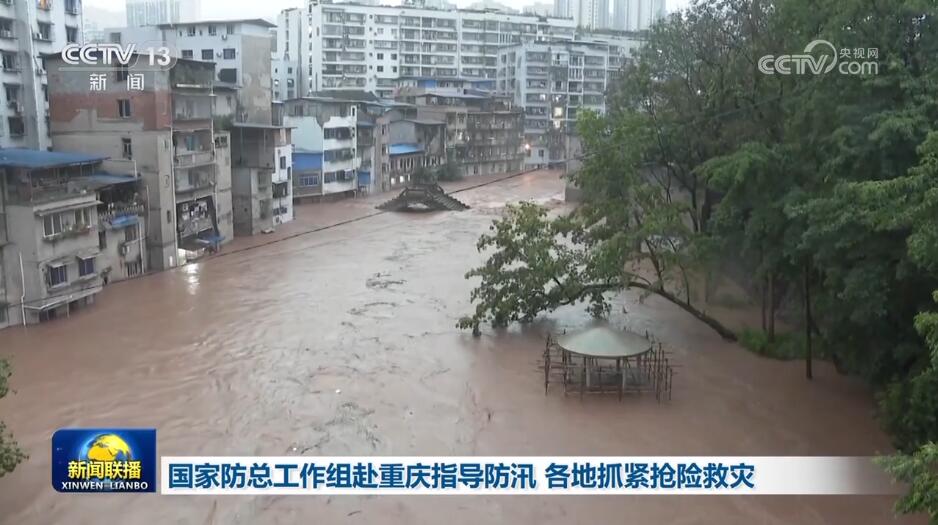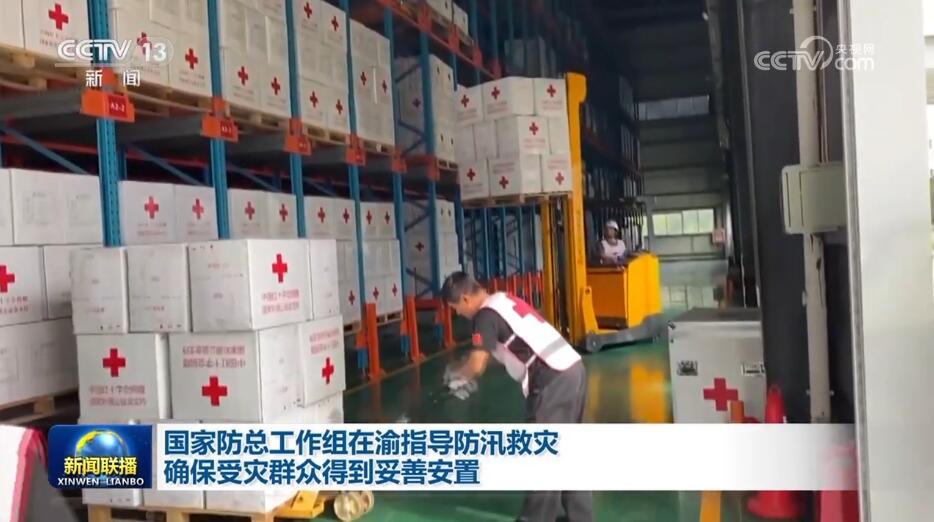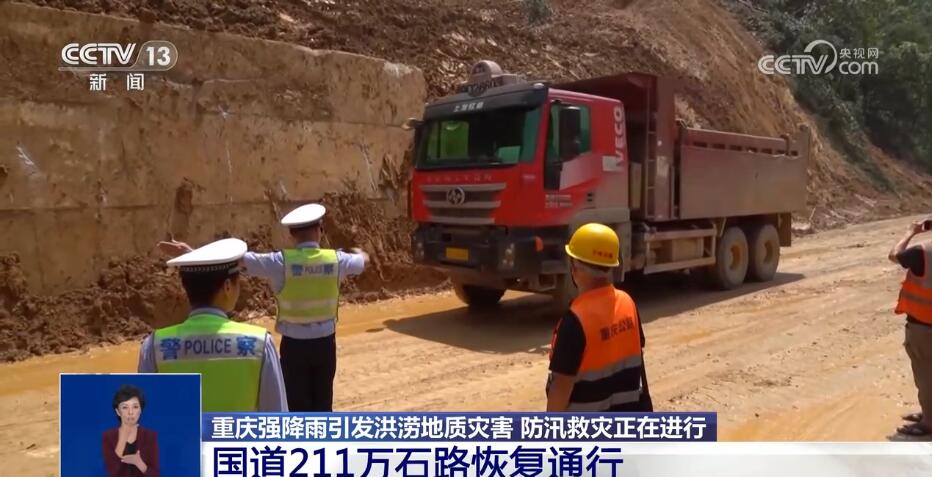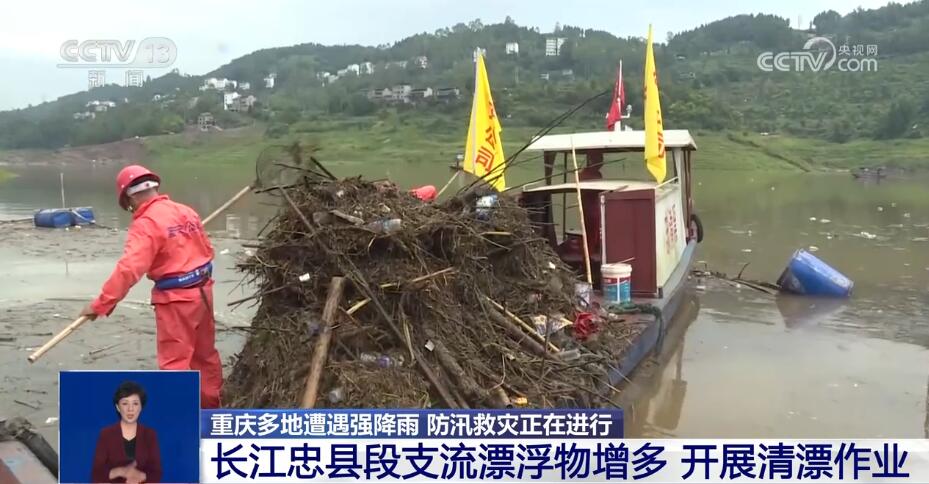According to Article 157 of the Civil Code, the consequences of an invalid contract include the return of property, compensation for discount and compensation for losses. Today, we reprint the article "Analysis on the Application Points of the Handling Rules of Invalid Contracts in the Civil Code" published by WeChat official account of the Supreme People’s Court Judicial Case Research Institute, and discuss the general handling rules of invalid contracts with you.
1. Although an invalid contract does not produce the legal effect expected by the parties, it does not mean that it has no legal consequences.
analysis
A contract that is confirmed invalid or cancelled shall be invalid from the beginning. The so-called invalidity means that the actor’s expression of will is not recognized by law, and the contents of his rights and obligations of establishing, changing and terminating creditor’s rights and debts do not produce the legal effects expected by the parties. However, invalidity does not mean that there are no legal consequences. The so-called legal consequences refer to the obligation to return property, the liability for compensation for losses and other consequences that the parties to an invalid or revocable contract should bear according to law based on the legal facts (events) of invalid or revoked behavior.
2. Consequences of invalid contract include property return, discount compensation and compensation for losses.
analysis
According to Article 157 of the Civil Code, the consequences of an invalid contract include the return of property, compensation for discount and compensation for losses. Return of property, that is, after the contract is confirmed to be invalid, one party has no basis for legal possession of the property obtained, and the property obtained on this basis should be returned to the other party, and the other party has the right to claim for return of the delivered property. The return of property is mainly applicable to the actual performance of the contract. If the contract has not been performed or the property has not been delivered, this method is not applicable. Discount compensation, that is, after the contract is confirmed invalid, the return of property is not realistic or necessary or the cost of returning property is too high, and the property relationship can be restored to its original state by means of discount compensation. Compensation for losses, that is, after the contract is confirmed to be invalid, if the contract is invalid, the party at fault shall compensate the other party for the losses thus suffered; If all parties are at fault, they shall bear their respective responsibilities.
3. After the contract is confirmed to be invalid, the responsibilities of the parties shall be reasonably determined according to the principle of good faith, and the dishonest parties shall not benefit from the invalidity of the contract.
analysis
When determining the scope of property return or discount compensation after the contract is invalid, it should be reasonably distributed among the parties according to the requirements of the principle of good faith, so that the dishonest parties can not benefit from the invalidation of the contract. The core point is that when the contract is invalid, the liability of the parties for contracting fault should not exceed the interests of contract performance. For example, according to Article 793 of the Civil Code, the construction contract of a construction project is invalid. If the construction project has passed the completion acceptance, the contractor can be compensated at a discount according to the contract, but unless a new project beyond the contract is added, it should generally not exceed the project payment agreed in the contract. In practice, there are some similar situations. For example, in the case of housing price increase, developers take the initiative to request to confirm the invalidity of the contract on the grounds that they have not obtained a valid pre-sale permit, trying to benefit from the invalidity of the contract; For another example, in the case that small property houses can get huge compensation due to expropriation, some sellers bring a lawsuit to the court to request that the sale of small property houses be invalid, with the aim of trying to benefit by confirming that the contract is invalid. For this dishonest practice, it is necessary to balance the interests of the parties through reasonable distribution of interests, which not only determines the contract to be invalid according to law, but also maintains and promotes the construction of an honest society.
4. Whether the parties to an invalid contract should return property to each other sometimes depends on the specific case, the specific contract type and the specific subject matter.
analysis
Article 59 of the original Contract Law stipulates: "If the parties collude maliciously and harm the interests of the state, the collective or the third party, the property thus obtained shall be owned by the state or returned to the collective or the third party." In other words, the malicious offender has no right to claim the return of property, and the corresponding property should be owned by the state or returned to the collective or the third party. The relevant judicial interpretations in the Supreme People’s Court have retained the spirit of this provision. For example, Article 20 of the Provisions of the Supreme People’s Court on Several Issues Concerning the Trial of Disputes over Foreign-invested Enterprises stipulates: "If the contract between the actual investor and the nominal shareholder of a foreign-invested enterprise is deemed invalid due to malicious collusion, which harms the interests of the state, the collective or the third party, the people’s court shall confiscate the property thus obtained or return it to the collective or the third party."
5. After the contract is confirmed to be invalid, it shall be judged whether the parties shall bear the responsibility of property return according to the nature of the subject matter of the contract and the request of the parties.
analysis
After the contract is confirmed to be invalid, the existence of the original object of the contract is the prerequisite for the parties to assume the responsibility of returning the property. If the subject matter is a specific object, if the original object exists, it must be returned; If the original does not exist, it should compensate the corresponding price or kind, but it cannot be forced to return the original, because it is impossible at this time. If the subject matter of the contract is a kind of thing, if the subject matter of the contract has been lost or consumed by the wrong party, the wrong party may also take measures to compensate for the loss without returning the same kind of subject matter, but if the non-wrong party insists on returning the subject matter, the wrong party must return it, and the losses (such as price difference) and various expenses caused by it shall be borne by the wrong party.
6. After the contract is confirmed to be invalid, the parties shall bear the responsibility for property return, and the principle of fault liability shall not apply.
analysis
After the contract is confirmed to be invalid, the parties bear the responsibility for property return, which is not an economic sanction and is not punitive, so the principle of fault liability cannot be applied. Regardless of whether the parties are at fault in concluding the contract, the property acquired and occupied according to the invalid contract should be returned to the other party because there is no legal basis.
7. After the contract is confirmed to be invalid, the factors of property appreciation or depreciation should be fully considered when determining the return of property.
analysis
After the bilateral contract is invalid, both parties shall return the property acquired by the contract to each other. If the equity, house and other property that should be returned increase or decrease in value relative to the contract price, the people’s court should comprehensively consider the correlation between market factors, the transferee’s operation or attachment and the increase or decrease in value of the property, and rationally allocate or share it among the parties to avoid one party benefiting from the invalidity of the contract. In a word, in the case of property appreciation or depreciation, how to distribute or share the losses reasonably among the parties? First, we should consider market factors and distribute the appreciation or depreciation part reasonably among the parties. The so-called reasonable distribution is to consider the degree of their respective faults in the invalidity of the contract and whether there are factors that benefit from the invalidity of the contract. For the party who tries to benefit from the invalid contract system, you can consider less points or even no points. Second, we should consider the relationship between the transferee’s operation or attachment behavior and the appreciation and depreciation of property. Business behavior is mainly applicable to the occasion of equity return, while attachment behavior is mainly but not limited to the occasion of real estate return. For example, if the buyer of a house transforms the house after buying the house, which leads to the appreciation of the house, he should first consider the part of its attachment behavior on the appreciation of the house, and then consider the influence of market factors. Of course, if the equity, houses, etc. depreciate, the losses should be shared between the two parties according to the same rules.
8. When both parties to an invalid contract have the obligation to return it, unless otherwise agreed, both parties shall return it at the same time.
analysis
In a bilateral contract, each party’s respective payment constitutes a treatment payment. Even if the contract is invalid, the obligations of both parties to return the subject matter and the price still constitute payment. If the parties have not made a special agreement on the return, they should perform it at the same time, that is, before one party makes payment, the other party can refuse the other party’s request for return. This is also the legal basis that even the transferor who has the right to claim the return of the original can not rule out the execution of the general creditor before returning the price.
9. The scope of property returned by an invalid contract includes fruits.
analysis
There are theoretical differences on whether the scope of returning property to an invalid contract includes fruits. One view is that whether the possessor is in good faith or bad faith should be distinguished: the possessor is a bona fide possessor who is not at fault for the invalidity of the contract and does not need to return the fruits; On the other hand, if it is at fault for the invalidity of the contract, it belongs to the malicious possessor and should return the fruits. Generally speaking, whether it is bona fide possession or malicious possession, it is unauthorized possession. Since it has no right to possess, no matter whether it is a bona fide possessor or a malicious possessor, it has no right to obtain the fruits. In other words, the scope of returning property should include fruits. The difference is that bona fide possession is different from malicious possession after all. In order to distinguish it from malicious possession, it can request the obligee to pay the necessary expenses for maintaining the real estate or chattel. Article 460th of the Civil Code stipulates: "If the real estate or chattel is occupied by the possessor, the obligee may request the return of the original property and its fruits; However, the necessary expenses incurred by the bona fide possessor for maintaining the immovable property or movable property shall be paid. " It is this spirit that is embodied.
10. Whether an invalid contract should return interest should be specifically determined according to different contract types.
analysis
Money often appears in the form of consideration in bilateral contracts such as buying, selling and leasing other than loan contracts. If such a contract is invalid, the possession of the subject matter by the buyer and lessee from the conclusion of the contract to the return of the subject matter to the transferor and lessor constitutes unauthorized possession, and in theory, the use fee should be paid to the transferor and lessor. On the contrary, the transferor and lessor shall also pay the capital occupation fee to the buyer and lessee. The use fee and the capital occupation fee completely meet the conditions of legal offset. Once offset, their respective debts will be eliminated. Therefore, before one party returns the original, the other party only has to pay the principal, without paying interest. However, if a contract specifically targeting money is invalid, such as a loan contract, the occupier of funds shall pay interest in principle. There are different views on whether to pay according to the loan interest rate or the deposit interest rate. Generally speaking, the loan interest rate is higher than the deposit interest rate, so it is obviously more beneficial to the obligee to refer to the loan interest rate than to refer to the deposit. The reasoning basis of referring to the loan interest rate is that one party needs to borrow from the bank to obtain the same funds, so it should refer to the loan interest rate. The reasoning basis of referring to the deposit interest rate is that the funder does not need to borrow money from the bank, so the loss is only the deposit interest in the same period. We believe that in commercial trials, in principle, payment should be made with reference to the loan interest rate. It should be noted that in order to deepen the interest rate marketization reform, since August 20, 2019, the People’s Bank of China has authorized the National Interbank Funding Center to announce the loan market quotation rate (LPR) at 9: 30 on the 20th of each month (postponed in case of holidays).And canceled the benchmark loan rate of the People’s Bank of China. In this case, the interest in the future shall be based on the quoted interest rate of the loan market published by the National Interbank Funding Center.
11. The claim for property return in case of invalid contract can generally resist the execution of money creditors, but it is not the case when both parties of invalid contract have mutual obligation to return.
analysis
According to the provisions of Article 124 of Minutes of the Ninth People’s Meeting, in the execution of monetary creditor’s rights, if the effective judgment on the basis of which the outsider raises the objection to execution determines that the contract (such as the sales contract) for the purpose of transferring ownership is invalid, and then orders the outsider to return the subject matter of execution, at this time, the outsider enjoys the right of claim for return in the nature of real right, which can exclude the execution of monetary creditor’s rights. However, in the case that the bilateral contract is invalid, both parties are obligated to return the money. If the outsider is allowed to exclude the execution of the monetary creditor’s rights, it will make the application executor unable to execute both the property under the name of the person subjected to execution and the money that should have been returned to the person subjected to execution, which is obviously unfair. In order to balance the interests of all parties, the enforcement of ordinary creditors can only be ruled out if the outsider has returned the price. On the other hand, if the outsider fails to return the price, execution cannot be ruled out.
12, the property return claim under the condition of invalid contract, its nature is the property right to return the original claim, rather than the creditor’s right to claim unjust enrichment.
analysis
In the case that a bilateral contract, such as a house sales contract, is invalid, the buyer needs to return the house to the seller, and the seller needs to return the price to the buyer. The so-called claim for property return here mainly refers to the seller’s right to request the buyer to return the house. Regarding the nature of property return, there are two viewpoints: the claim of unjust enrichment in the nature of creditor’s rights and the claim of original property in the nature of real rights. Generally speaking, after the contract is invalid or revoked, the change of property right based on the contract also loses its foundation, which naturally produces the effect of property right rotation, and the transferor enjoys the right to claim the original property in the nature of property right claim. Only when the original cannot be returned or there is no need to return it, the right of claim for returning the original can be transformed into the right of claim for unjust enrichment. China’s legislation does not adopt the theory of real right act, and it does not recognize the independence and non-causation of real right act, so this view is generally said in academic circles.
13. The limitation of action does not apply to the claim for the return of property in the case of invalid contract.
analysis
Whether the limitation of action applies to the right of claim for returning property depends on the identification of its nature, that is, whether it is the right of claim for unjust enrichment or the right of claim for real right. As mentioned above, according to the general theory of academic circles, the property return claim in the case of invalid contract is the property return claim in the nature of property right, not the unjust enrichment claim in the nature of creditor’s rights. As a kind of power of real right, the claim of real right does not apply to the limitation of action.
14. In an invalid contract, the discount compensation is a substitute for the return of property, and the two can only be exercised either way, not at the same time.
analysis
The consequences of an invalid contract include the return of property, discount compensation and compensation for losses. Among them, the return of property belongs to the claim of real right in nature, and when the property cannot be returned or the parties think it is unnecessary to return it, it will be converted into the discount compensation of the claim of unjust enrichment. It can be seen that the discount compensation is a substitute for the return of property, and the two can only be exercised alternatively, not at the same time.
15, invalid contract does not exist the obligee must first exercise the right to return the original claim, only in the case of unable to exercise can request discount compensation.
analysis
The return of property and discount compensation are the legal consequences of invalid contracts. In the case that the contract is invalid, even if the original thing exists and the obligee thinks it is unnecessary to return the original thing, he can also request the discount compensation, and it is not necessary to request the return of the original thing. After all, it is the freedom, not the obligation, of the obligee to choose which right to exercise. In this regard, there is no problem that the obligee must first exercise the right to claim the return of the original property, and only when he cannot exercise it can he request the discount compensation.
16, invalid contract discount compensation rules don’t consider goodwill, just when distributing the benefits or losses to consider the fault or goodwill of the parties.
analysis
Although the discount compensation for invalid contracts belongs to unjust enrichment in nature, it is still different from the traditional unjust enrichment system in civil law. The traditional unjust enrichment system in civil law distinguishes between good faith and bad faith and applies different handling rules. On the one hand, when the existing interests do not exist, the bona fide parties are not responsible for the return, and the malicious parties should still be responsible for the return. On the other hand, the malicious parties not only need to return the existing interests, but also need to pay the interests generated by the existing interests. If the losses exceed the interests, they will also be liable for damages. The discount compensation rule basically does not consider goodwill and malice, but only considers the fault or goodwill of the parties when distributing benefits or losses, but it is also significantly different from goodwill and malice in unjust enrichment occasions. The so-called goodwill and malice in the return of unjust enrichment refers to whether you know the fact that you can’t get benefits, while the discount compensation should consider whether the parties are at fault for the invalidity of the contract and whether they have the motivation to benefit from the invalidity of the contract.
17. The discount compensation for an invalid contract shall be based on the transfer amount agreed in the contract, and the part above or below the transfer amount shall be fairly distributed or shared in combination with the loss or resale income of the subject matter.
analysis
Discount compensation is the right of claim for the return of unjust enrichment enjoyed by the parties when the original cannot be returned due to factual or legal reasons. On the issue of discount compensation, the transfer money agreed in the contract between the parties should be used as the basis of discount compensation, and then compared with the value compensation obtained when the subject matter is lost or the price available at the time of resale. The part higher or lower than the transfer money should be distributed or shared among the parties according to certain rules, so as to realize the balance of interests between the parties. In the case of loss of the subject matter, if the parties have obtained insurance money, compensation or compensation, they shall return it to the assignor. If the compensation is lower than the transfer payment, the difference between the transfer payment and the compensation shall be reasonably shared among the parties; If there is no compensation, the losses shall be shared between the two parties within the limit of the total transfer amount. In the case that the subject matter is resold to others, the consideration obtained at the time of resale belongs to the interests obtained by the parties because of the subject matter, and the part of the benefits that is higher or lower than the transfer amount agreed in the contract should also be reasonably distributed or shared among the parties.
18. After the contract is confirmed to be invalid, if the property acquired by the parties does not meet the conditions for return or in order to prevent the loss from expanding, the parties may not return it, but they should make compensation at a discount.
analysis
It is a general principle that the property acquired by the parties should be returned after the contract is confirmed to be invalid. If, after the contract is confirmed to be invalid, the property acquired by the parties does not meet the conditions for return, such as contracts for construction projects and contracting, or part or all of the subject matter of the contract has been sold, used or damaged, lost or possessed by a third party in good faith, the parties may not return it at this time. In addition, although some properties have the conditions for return, they should not be returned in order to prevent the expansion of losses. For example, goods that are not in the local area should be repackaged and consigned in other places, which will increase the cost and loss. Generally, it is not appropriate to return the original goods, but should be treated on the spot and compensated at a discount. However, if the innocent party insists on the return of the subject matter that is a specific object, it shall be an exception, and the expenses shall be borne by the innocent party.
19. After the contract is confirmed to be invalid, the property acquired by the party concerned has been acquired by a third party in good faith, and the original is irreplaceable. The party concerned may not return it, but it shall be compensated at a discount according to the current market price of the property.
analysis
After the contract is confirmed to be invalid, whether the parties should return the acquired property is limited by the bona fide acquisition system. That is, when one party transfers the property to a third party, and the third party has no fault subjectively when obtaining the property, and does not know or should not know that the contract between the party and the other party is invalid or cancelled, the third party in good faith can not return the original, and the original is irreplaceable. At this time, the party cannot return the property, and must compensate the other party at the current market price of the property.
20. After the contract is confirmed to be invalid, the property acquired by the parties has been lost, which makes it impossible or unnecessary to return it, and the original is irreplaceable. The parties may not return it, but they should make compensation at a discount.
analysis
After the contract is confirmed to be invalid, the property acquired by the parties has been lost, which makes it impossible to return the original, and the original is irreplaceable. In this case, the party who obtains the property shall make discount compensation according to the current market price of the original. There is no need to return it, mainly including the following two situations: (1) If the property accepted by the parties is a service or interest and cannot be restored to its original state in nature, it will be returned in money at the price stipulated by the state at that time; If there is no price stipulated by the state, it shall be calculated based on the market price or the remuneration standard of similar services and returned in money. (2) If one party obtains the benefits from the use of intellectual property rights, since the intellectual property rights are intangible, that party may compensate the other party at a discount.
21. If the parties still suffer losses after the invalid contract returns the property, the parties may claim damages at the same time, but the phenomenon of double profit or double damage should be avoided.
analysis
This problem involves the relationship between damages and the return of property. The return of property involved in the case of invalid contract includes the discount compensation when it is impossible or unnecessary to return it. Whether it is the return of property or the discount compensation, the factors of property depreciation and appreciation have been fully considered. In the case of property appreciation, there is generally no problem of damages. In the case of property depreciation, the losses caused by property depreciation should be shared among the parties according to the principle of good faith. As a result, Article 35 of the Minutes of the Ninth People’s Meeting stipulates that, on the one hand, if the return of property alone is not enough to make up for the losses, one party may also request the other party at fault to bear the liability for damages; On the other hand, it also stipulates that when determining the scope of damages, it is necessary to reasonably determine the liability according to the degree of fault of the parties, and also consider the factors of property appreciation or depreciation that have been considered when determining the scope of property return, so as to avoid the phenomenon of double profit or double damage.
22, the constitutive requirements of the liability for compensation after the contract is invalid.
analysis
If a contract is invalid and bears the liability for compensation, it shall meet the following constitutive requirements:
(1) There are damage facts or losses. According to the general theory, the legal liability for compensation for losses caused by the invalidity of the contract belongs to the liability for contracting fault in legal nature, not the liability for breach of contract or tort. The loss caused by contracting fault is the loss of reliance interest, that is, the actual loss suffered by the other party because of relying on the validity of the contract, excluding the loss of available interest.
(2) One party is at fault. This is the essential element of a party’s liability for compensation for losses due to the invalidity of the contract. Only one party is at fault can bear the corresponding civil legal liability.
(3) There is a causal relationship between fault and loss.
23, the correct division of invalid contract liability for property damage, should be treated differently according to the fault behavior of the parties.
analysis
Before the contract is confirmed to be invalid, the losses caused by the property acquired by the parties in performing the contract as agreed, or the expenses paid for preparing to perform the contract, shall be borne by the fault liability that caused the contract to be invalid; The losses caused by the breach of contract by the parties in the performance of the contract, that is, the losses caused by new faults in the performance process, such as the supplier submitting goods that do not meet the agreed quality, the supplier failing to deliver the goods according to the contract, and the buyer failing to pay for the goods, are all caused by the unilateral breach of contract, and should be borne by the actor alone, not by the responsible party that causes the contract to be invalid.
24. The damages for invalid contracts are compensation for fault in contracting in nature, and the principles and methods of liability for fault in contracting are applicable.
analysis
The loss caused by the invalidity of the contract is caused by the negligence of both parties in the process of entering into the contract through consultation. After the contract is confirmed to be invalid, the loss suffered by one party based on its trust in the other party is caused by the negligence in the process of concluding the contract, and its claim for compensation based on the liability for negligence in concluding the contract conforms to the objective process of the development of things.
25. If one party to an invalid contract commits a vicious illegal act, it has no right to claim damages.
analysis
The compensation for the loss of invalid contract must be based on the condition that the compensated party has no vicious illegal act, that is, it has unintentionally violated the national interests and social public interests. That is to say, one party who commits a vicious illegal act has no right to compensation. If both parties commit a vicious illegal act, neither party has the right to compensation. However, for an invalid contract, the vicious illegal behavior of one party does not affect the right of compensation of the other party without fault.
26. The principle of fault liability shall apply to the compensation for the damages caused by invalid contracts; If both parties are at fault, the principle of fault offset should also be applied.
analysis
After the contract is confirmed to be invalid, the party liable for compensation must be at fault, that is, the principle of fault liability shall be applied to the compensation for the damage caused by the invalid contract, and the severity of the fault of the party shall be taken as a standard for the division of responsibility. If the parties are not at fault, they will not be liable for compensation. If both parties are at fault, no matter whether one party suffers losses or both parties suffer losses, the principle of fault offset should be applied, and both parties should bear corresponding responsibilities to each other according to the degree and nature of their own faults.
27. The scope of the property loss of an invalid contract shall be limited to the actual loss, which does not include the loss of the interests of the compensated party.
analysis
Article 157 of the Civil Code stipulates clearly that "the party at fault shall compensate the other party for the losses thus suffered", that is, the principle of invalid contract to compensate the actual losses. The actual loss is different from the actual loss of the parties to a valid contract. The actual loss of the parties to a valid contract includes the loss of the parties’ available interests, but the actual loss of an invalid contract does not include the loss of the parties’ available interests.
28. When determining the liability of the parties to an invalid contract for compensation of reliance interest, the scope of reliance interest cannot be determined by referring to the contract.
analysis
On the one hand, when the contract is invalid, the agreed liquidated damages and other provisions are naturally invalid and cannot be used as the basis for determining the liability for contracting negligence. On the other hand, when the contract is valid, the agreed liability for breach of contract is not necessary to have actual losses, and the non-breaching party does not need to prove that it has suffered actual losses. In the case of invalid contract, if one party requests the other party to bear the responsibility for contracting fault, it must prove that it has suffered actual losses. This is also the reason why we can’t refer to the contract to determine the liability for fault in contracting. It should be noted that Article 793 of the Civil Code stipulates that the construction contract of a construction project is invalid, but if the construction project is qualified after completion and acceptance, the contractor may request the employer to make discount compensation according to the contract agreement on the project payment. When the construction project is completed and accepted and the contract is invalid, the employer’s possession of the construction project constitutes unjust enrichment, and the so-called project payment requested by the contractor with reference to the valid contract belongs to unjust enrichment rather than damages in nature. For another example, a continuing contract, such as a lease contract, is invalid. If the lessee fails to pay the rent for the part that has been performed, the benefits obtained by occupying the lease item also constitute unjust enrichment, which can be handled with reference to the effective contract. In the above two cases, the return of unjust enrichment is handled with reference to the effective contract, while the liability for fault in contracting is handled with reference to the liability for breach of contract agreed in the contract.
29. The loss of reliance interest caused by invalid contract is limited to property loss, excluding personal injury or mental damage.
analysis
The loss of reliance interest belongs to property loss, excluding personal injury or mental damage. If a party suffers personal injury or mental damage in the process of concluding a contract, he shall make a request according to the relevant provisions of the Tort Liability of the Civil Code, but not based on the liability for negligence in concluding a contract.
30. After the contract is confirmed to be invalid or revoked, the compensation amount of the reliance interest that the victim should receive should not exceed all the benefits that should be obtained if the contract is valid and actually performed.
analysis
In nature, the compensation for loss of invalid contract is compensation for fault in contracting, and the principles and methods of liability for fault in contracting are applicable. Therefore, the object of compensation for loss refers to the loss of trust interests. The composition of trust interest should meet three conditions, that is, the two parties make reasonable contact for contracting, one party generates trust because of the other party’s behavior, and the other party spends a certain cost because of trust. The damage of reliance interest refers to the loss of the victim’s existing property. This kind of loss is limited to direct loss, which generally includes: reasonable expenses for contacting the other party and visiting the field because of trusting the other party’s invitation or invitation; Reasonable expenses incurred in making various preparations for signing a contract; Reasonable expenses for negotiation. The loss of reliance interest generally does not include indirect losses such as missed opportunity loss, otherwise, reliance interest may be rambling and unduly increase the responsibility of the parties. In short, in principle, the compensation of reliance interest cannot exceed the performance interest. That is to say, after the contract is confirmed to be invalid or revoked, the compensation amount of the trust interest that the victim should get should not exceed all the benefits that should be obtained if the contract is valid and actually performed.
31. Whether the loss of reliance interest after the contract is invalid should be fully compensated should be determined according to the actual situation of the case.
analysis
Damage compensation within the scope of trust interests is not necessarily full compensation. Even if it belongs to the trust interest, whether it should be fully compensated should be determined according to the actual situation of the case. If some expenses incurred in the process of contracting belong to expenses incurred even without contracting, they should not be compensated; If expenses are paid for preparing for the performance of the contract, but benefits are gained at the same time, the benefits shall be deducted before calculating the expenses; Equipment, tools, etc. purchased to prepare for the performance of the contract should also consider whether there are other uses after the contract is invalid.
32, after the contract is invalid, the compensation for damage to reliance interests shall be subject to the negligence offset rule.
analysis
The rule of negligence offset should be applied to the compensation for the damage of trust interests. If the contract is invalid and the victim is at fault, the victim should bear corresponding responsibilities according to his own fault degree. Article 157 of the Civil Code stipulates that "if both parties are at fault, they shall bear corresponding responsibilities", which is the embodiment of this rule.
33. Whether the loss caused by the damage or loss of the subject matter of an invalid contract belongs to the actual loss of an invalid contract depends on whether the loss is caused by the fault of one or both parties in concluding an invalid contract.
analysis
If the subject matter of an invalid contract has been damaged or lost, if it is caused by the fault liability of one or both parties in concluding the invalid contract and the subject matter cannot be returned, the loss of the subject matter is the actual loss of the invalid contract; If the subject matter cannot be completely returned, the returned part is not a loss, and the loss of the failed part is the actual loss of the invalid contract. If it is caused by the new fault liability of one or both parties during the performance of the invalid contract, and the subject matter cannot be returned, the loss of the subject matter shall be borne by the party in fault and cannot be regarded as the actual loss of the invalid contract.
34. The losses caused by new faults in the process of performing an invalid contract do not belong to the actual losses of the invalid contract.
analysis
To determine the actual loss of an invalid contract, we must correctly distinguish whether the loss is caused by the fault of concluding the invalid contract or by the new fault in the process of performing the invalid contract. If it is the economic loss caused by the former, it is the actual loss of the invalid contract, and the party at fault that caused the contract to be invalid shall be responsible for compensation; If it is the economic loss caused by the latter, it is not the actual loss of the invalid contract, and the party at fault who caused the economic loss should be responsible for compensation. For example, the loss of the subject matter caused by improper custody of one party, the extra expenses incurred by the subject matter being sent to the destination by mistake due to negligence of one party, etc.
35. The bank loan interest payable by the parties to an invalid contract cannot be regarded as the actual loss of the invalid contract.
analysis
If the loan contract is invalid, the loan interest cannot be regarded as the actual loss of the invalid contract and shall be borne by the party responsible for the fault. Because the bank loan interest is legal interest, which is part of the loan. If it is assumed as the actual loss of an invalid contract, it will actually harm the interests of the creditor bank. Even if the borrower is at fault and bears part of the interest, this does not reflect the fault liability of the parties, because the part borne by the borrower is its original legal obligation. It can be seen that the loan contract is invalid and the loan interest is not the actual loss of the invalid contract. If other contracts are invalid, and the parties to the invalid contract use the loan to perform the invalid contract, the bank loan interest payable for this purpose shall be regarded as the actual loss of the invalid contract, and the party responsible for the fault that caused the contract to be invalid shall be liable for compensation.
36. The expenses incurred by the parties to an invalid contract in engaging a lawyer in litigation cannot be regarded as the actual loss of the invalid contract.
analysis
The expenses incurred by the parties to an invalid contract in engaging a lawyer in litigation are not the losses caused by the fault liability of the parties in concluding the invalid contract, but the expenses voluntarily incurred by the parties in engaging a lawyer to represent them in litigation, so they cannot be regarded as the actual losses of the invalid contract.
37. The property that should be recovered by the parties to an invalid contract according to law does not belong to the actual loss of the invalid contract.
analysis
Recovering property is the economic sanction imposed by the state on a seriously invalid contract, that is, on one or both parties to the contract who intentionally violate the national interests or social public interests. Therefore, the property that should be recovered by the parties to an invalid contract according to law does not belong to the actual loss of the invalid contract.
38. If the subject matter of an invalid contract has been legally acquired by a third party in whole or in part, its loss belongs to the actual loss of the invalid contract.
analysis
Where the subject matter of an invalid contract has been legally acquired by a third party in whole or in part, if the subject matter has been legally acquired by a third party and cannot be returned, the value of the subject matter shall be calculated and paid by one party to the other; If part of the subject matter has been legally acquired by a third party, and part of it is still in one party, and it cannot be returned in full, part of the subject matter in one party shall be returned to the other party, and the value of part of the subject matter legally acquired by a third party shall be calculated, and the party liable for return shall pay it to the other party; If part of the subject matter has been legally acquired by a third party, and part of it has been lost and cannot be returned, the above methods can be applied analogously.
39. The starting time of property losses caused by an invalid contract shall be determined according to whether the contract has been performed or not.
analysis
The starting time of property losses caused by invalid contracts can be summarized as follows: for contracts that have begun to be performed, it starts from the date of performance; A contract that has not yet been performed shall be counted from the time when the offer takes effect or when the contract is formally established. This understanding is mainly to protect the legitimate rights and interests of the innocent parties.
40. If the contract is confirmed invalid after the expiration of the performance period, the deadline for calculating the property loss of the invalid contract shall be the expiration date of the performance period of the invalid contract.
analysis
If the contract is confirmed to be invalid after the expiration of the contract performance period, the end date should be the date when the contract performance period is confirmed to be invalid, which is both the final date of contract performance and the end date of invalid behavior. The loss before this date is of course the loss of invalid contract (here refers to the situation that the invalid contract has been performed); After that, the property acquired by the parties has changed from the acquisition agreed in the contract to the unilateral illegal possession, and the legal relationship of obtaining the property has changed from the contractual debt to the tort debt. At this time, the loss should be caused by tort, not by the invalidity of the contract, and the compensation for the loss should be borne by the infringer, not by the contractor.
41. If the contract is confirmed to be invalid before the expiration of the performance period, the deadline for calculating the property loss of the invalid contract shall be the date when the court of first instance or the arbitration institution confirms that the contract is invalid.
analysis
For losses that are confirmed to be invalid before the expiration of the contract performance period, the initial confirmation date (that is, the confirmation date of the court of first instance or the arbitration institution) shall be taken. If the parties refuse to accept the appeal, the confirmation has no legal effect. At this time, the date of initial confirmation still ends, which should be said to have no influence on the calculation of losses. Because if the judgment is to uphold the original judgment, the initial confirmation date will have legal effect; If the judgment is amended, there will be no problem of invalid contract and no need to calculate invalid losses.
42. When the subject matter of an invalid contract cannot be returned or cannot be returned in full, the actual loss of the invalid contract shall be determined according to the market price of the subject matter at the time when the invalid contract is concluded.
analysis
When the subject matter of an invalid contract cannot be returned or cannot be returned in full, attention should be paid to the calculated price of the subject matter when calculating the actual loss of the invalid contract. The invalid contract is not recognized by law, and the price of the subject matter stipulated in the contract is naturally invalid. Therefore, the loss cannot be calculated by the price of the subject matter stipulated in the invalid contract. There is no legal basis to calculate the loss according to the market price of the same or similar subject matter when the court handles the invalid contract dispute, because the market price varies greatly with the change of time and different regions, and often either makes one party to the invalid contract profit or aggravates the loss. In addition, the price of the subject matter obtained by the third party, whether it is lower than the price stipulated in the invalid contract or higher than the price stipulated in the invalid contract, cannot be used as the basis for calculating the loss. A more reasonable approach should be based on the market price of the subject matter when concluding an invalid contract.
43, only when there is a causal relationship between the loss and the fault of the invalid contract, the actor should bear the corresponding liability for compensation.
analysis
Causality in compensation for invalid contract means that there is a causal relationship between one party’s illegal behavior and the damage result of the other party. The loss caused by the invalidation of the contract must be caused by the illegal behavior of the party that caused the invalidation of the contract, that is, there is a causal relationship between the loss and the fault that caused the invalidation of the contract. Only when there is a causal relationship between the two, the actor should bear the corresponding civil liability. In practice, determining the causal relationship between loss and invalid contract includes both the conclusion of invalid contract and the violation of the principle of good faith by the parties during the performance of the contract. Losses unrelated to the conclusion and performance of the contract cannot be included in the scope of compensation. That is to say, the parties should distinguish their respective responsibilities according to the degree of violation of the principle of good faith, and share the losses according to their respective faults.
44. After the contract is confirmed to be invalid, the limitation of action shall apply to the claim for compensation for losses.
analysis
After the contract is confirmed to be invalid, the contractual relationship between the parties no longer exists, and the compensation liability of the parties is obviously not based on the violation of the valid contract, nor is the victim’s claim for compensation based on the contractual rights. The right of claim is based on the fault in contracting. The right of claim for contracting fault is the right of claim for creditor’s rights, and the limitation of action should be applied. Source: the Supreme People’s Court Judicial Case Research Institute, Law 45 Degree, Shanghai No.2 Intermediate People’s Court.
Original title: Analysis on the Application Points of the Rules for Handling Invalid Contracts in the Civil Code
Read the original text
